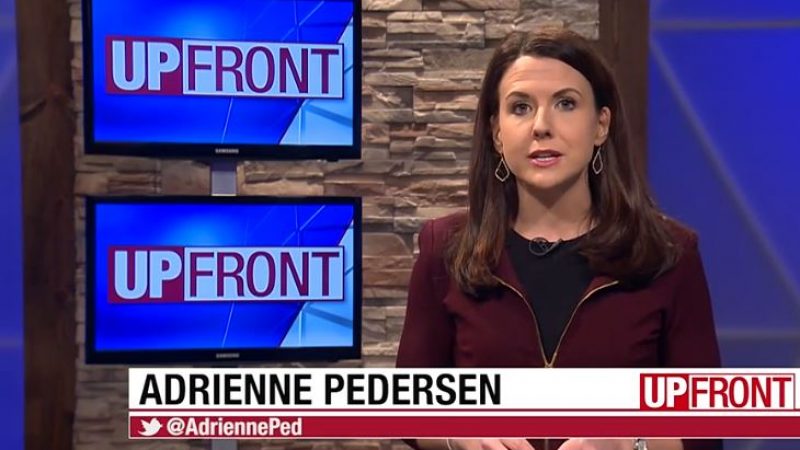Homicides and non-fatal shootings in Milwaukee are down from last year, and the director of the city’s violence prevention efforts said new programming is “definitely a contributing factor.”
Homicides are down 13 percent, and non-fatal shootings are down 21 percent, said Reggie Moore, director of the Office of Violence Prevention in the Milwaukee Health Department.
Moore said new resources and programs, including a violence interruption program, are “not waiting for a shooting to happen, but being proactive to try to prevent the next shooting.”
He said the Milwaukee Health Department also has taken a new approach to violence, treating it more like a disease.
“We can’t rely on handcuffs and cages to resolve the issue of violence in our city,” Moore said on “UpFront,” which is produced in partnership with WisPolitics.com.
“We have to take a proactive public health approach and look at what are the root causes of violence in our community? And what do we need to invest in that actually shows evidence to be able to break that cycle of pain that we see?” he said.
Moore said his office is seeking funding to continue its 414 LIFE programs next year. He hopes to receive funding from the state.
Moore said help from the state is a “moral imperative.”
“It’s not fiscally responsible to simply invest in incarceration. One gunshot victim, or one gunshot wound, the treatment of that costs upwards of $1 million. That includes the investigative costs of law enforcement, the court costs, the prosecution costs, as well as the lost tax revenue,” Moore said.
He said they also are seeking funding from other governmental bodies, hospitals, businesses, and individuals.
“It’s smart policy, and it’s smart investment to invest in prevention,” Moore said.
“UpFront” host Adrienne Pedersen reported on the violence interrupters from the 414 LIFE program. Pedersen followed two interrupters through a northside neighborhood as they worked to build relationships and trust with residents, through face-to-face contact and neighborhood events.
She said interrupters are often called to mediate disputes that could result in retaliatory shootings. Staff at Froedtert Hospital also refer cases to interrupters that fit a profile for possible violence.
“The violence is like when you get to a boiling point, there’s a lot of stuff that happens before you get to that point,” said Hamid Abd-A-Jabbar, a violence interrupter.
Also on the program, Glenn Rehberg, director of the Office of School Safety in the Wisconsin Department of Justice, said school districts have taken advantage of state grants to improve security.
State lawmakers allocated $100 million to help schools beef up security after the shooting at a high school in Parkland, Fla., left 17 people dead in 2018.
Rehberg said “a lot of schools have been taking incredible steps over the summer to really make students and staff and buildings safe.”
He said the physical improvements include new entrance vestibules, new camera systems, and visitor check-in procedures where visitors are checked against a known database.
Rehberg also said staff members from districts all over the state have taken safety intervention and mental health training over the summer to help them identify concerning behaviors in students and know how to intervene when necessary.
See more from the program:
http://wisn.com/upfront




